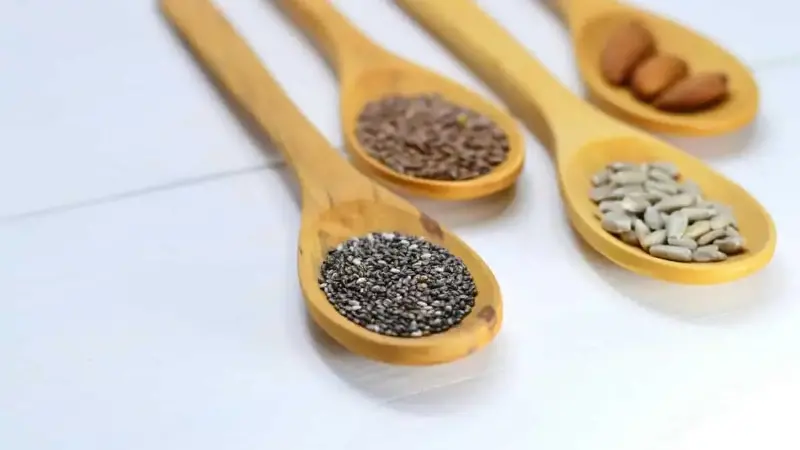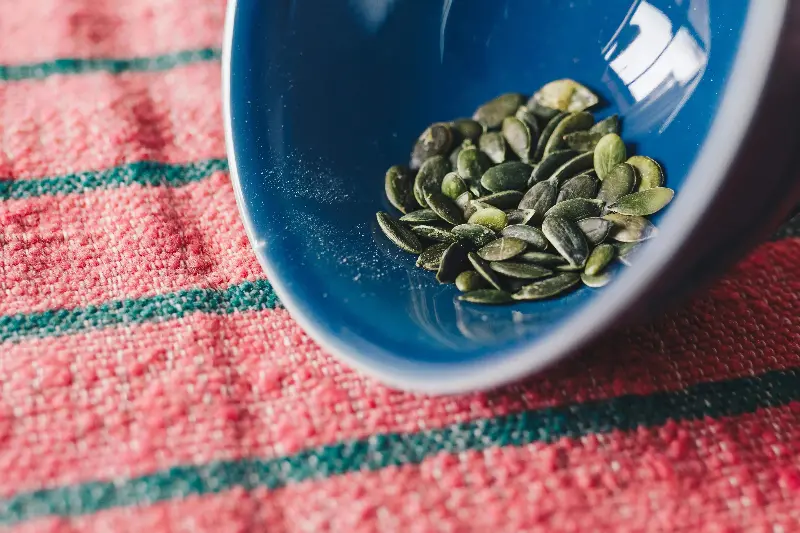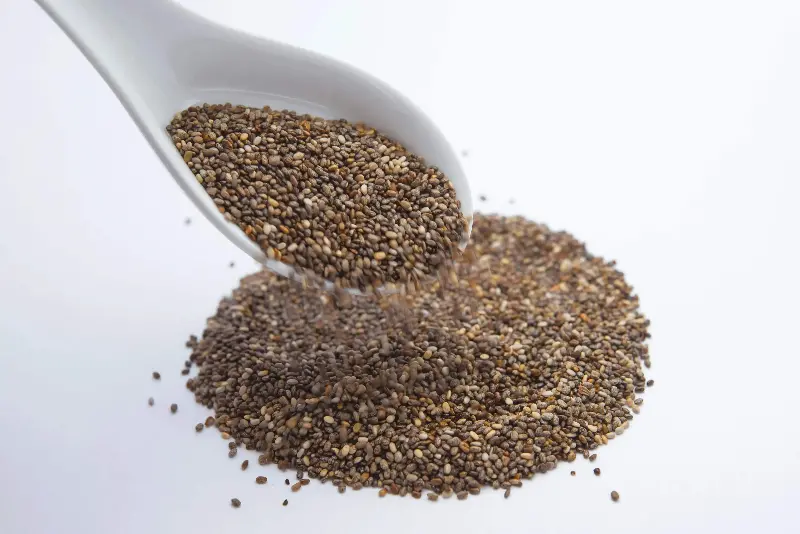
Lately, within the spectrum of natural remedies concerning women’s health, the practice of seed cycling has been gaining prominence as an effective lifestyle choice. What it involves is consuming four different types of seeds - namely flax, pumpkin, sesame and sunflower - in intervals over the period of a month, as a way to balance certain hormones. Centred around the menstrual cycle, the process is meant to regulate estrogen in the first half of the phase and progesterone in the second half. Along with this, the consumption pattern is also believed to have other side benefits such as controlling hairfall, reducing cellulite, prevent water retention and improve thyroid levels within the body.
Follicular Phase

Image Credits: Pexels
Also known as the first half of a menstrual cycle, the follicular phase lasts between the first day of a woman’s period and the 14th day - or ovulation. During this time, it is said that estrogen levels increase in the body as a way to prepare for ovulation, where follicles or egg sacs within the ovaries begin to mature. It is during this time that consuming a tablespoon each of freshly ground flax seeds and pumpkin seeds is recommended as a way to aid in the release of a mature egg. According to research conducted by the Journal of Ayurveda and Integrated Medical Sciences, it is stated that consuming flax seeds during the follicular phase helps modulate estrogen levels - either boosting to make up for the deficit or binding excess, due to containing phytoestrogens. In addition, the zinc-rich pumpkin seeds also support the production of progesterone during the later phase of the cycle, while reducing inflammation and hormone synthesis. Hence, consuming the two seed varieties during the follicular phase not only promotes regular ovulation but also eases PMS and cycle irregularities when consumed over a period of time.
Also Read:
Chia vs. Flax vs. Hemp Seeds: Boost Your Diet with Super Seeds
Luteal Phase

Image Credits: Pexels
The second half of the menstrual cycle, known as the luteal phase, typically lasts from the 15th day or day of ovulation until the 28th day; or until the time of a woman’s following period. The key hormone - progesterone - which rises to support a potential pregnancy, drops when the prospect is nullified to make way for menstruation. In a typical cycle, the luteal phase lasts for 12-14 days during which consuming a tablespoon each of ground sesame seeds and ground sunflower seeds is recommended. Along with the flax seeds which support hormones through fibre and lignans, the zinc content in sesame seeds supports the corpus lutem function or more commonly, the structure which produces the progesterone hormone. Sesame seeds also contain lignans that balance estrogen during the second half of the menstrual cycle, while the vitamin E and selenium from sunflower seeds fortify hormone production as well as supports detoxification. This aids in preparing the body for a smooth onset of the next period and prevent mood swings, bloating and fatigue - all common symptoms of the arrival of a period cycle. A study conducted by the National Library of Medicine suggests that seed cycling also enhances ovulatory function, menstrual regularity and bettered hormonal levels, when combined with additional supplements.
